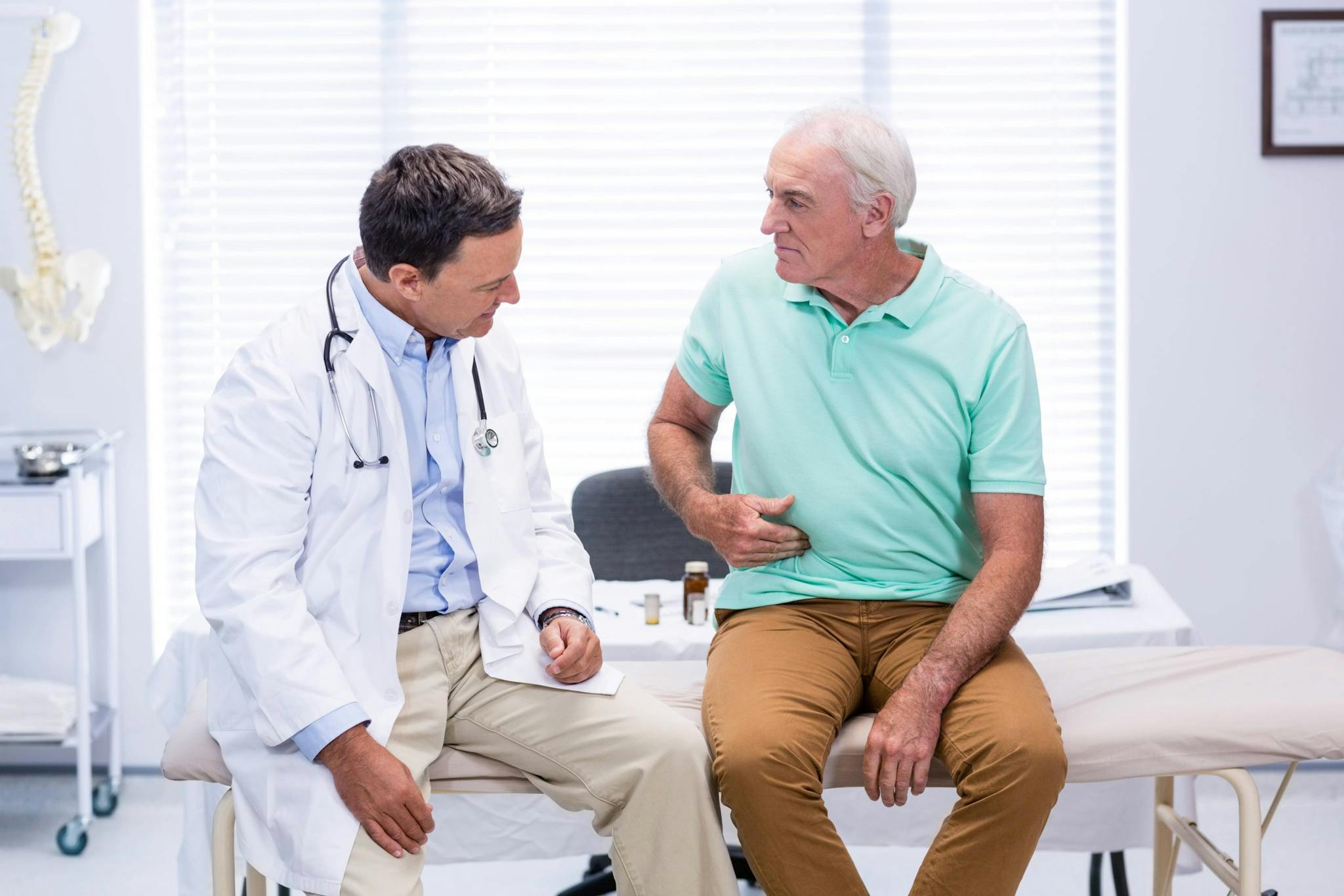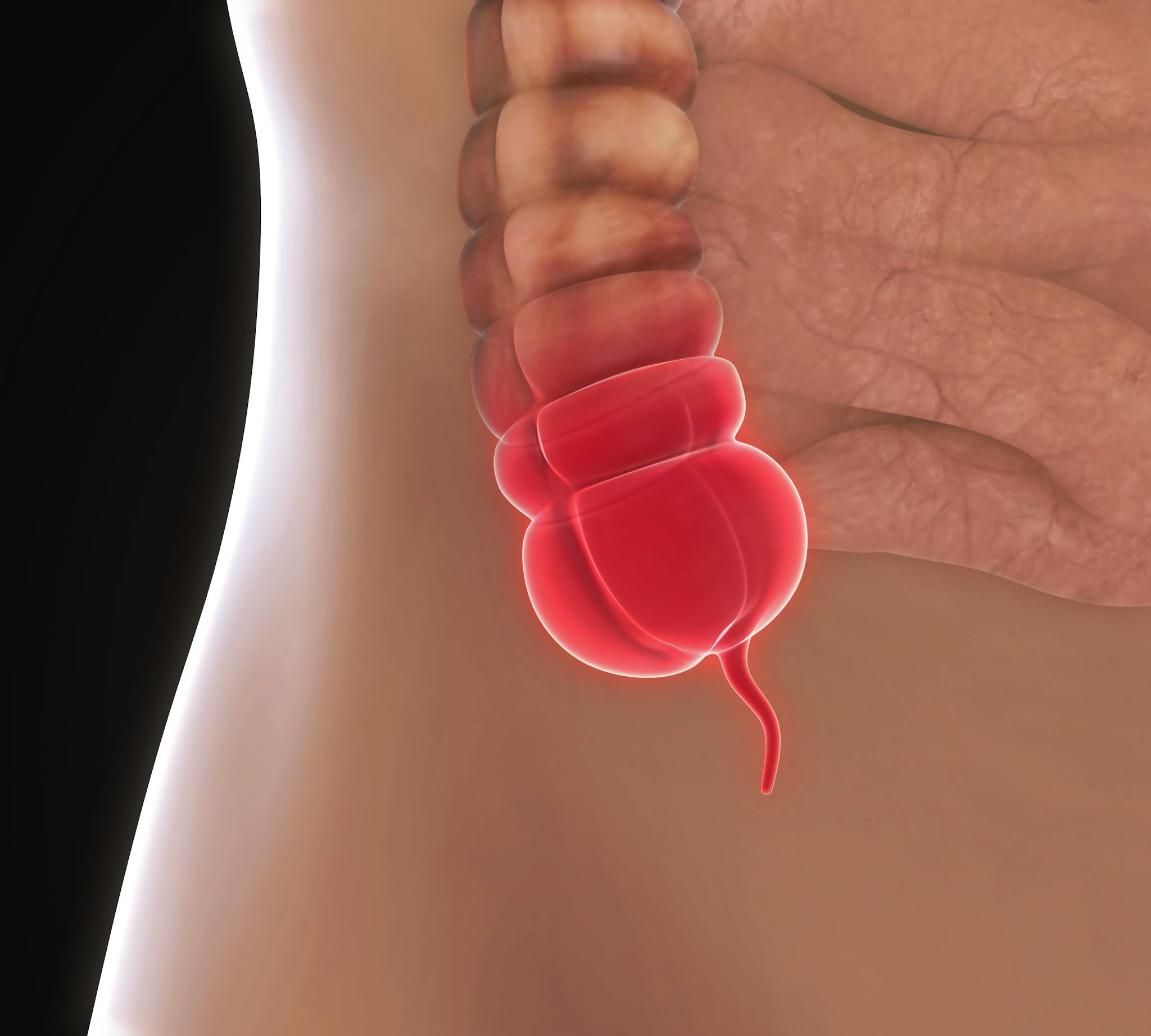
2023-03-27T14:47:45
Why you shouldn’t skip your next colon cancer screening
- Cancer Center
- Gastroenterology
February 17, 2017 | Gastroenterology
Specialties:Gastroenterology

Although scientists know the existence of the appendix in the human body isn’t random, its exact purpose is yet to be confirmed. The appendix is a tube that extends from the beginning of the large intestine and has been theorized to be a reservoir for “good bacteria”, although some believe it’s simply a remnant of evolution. Doctors are fairly confident, however, that the human body can survive without it.
Though the cause is unknown, the appendix can sometimes become inflamed and burst, leaking materials that may cause infection in the abdomen. About one in 15 people will get appendicitis, and without the right treatment, appendicitis can be fatal.
Blockages of the appendix are the main factor in appendicitis. These blockages can be caused by cancer, stool material or other foreign items in the appendix. The appendix also swells in response to an infection in the body, which can also lead to blockages of the appendix.
If appendicitis isn’t treated immediately, two complications can result:
Common symptoms of appendicitis include:
There are other symptoms that may only be present in about half of all appendicitis cases, including:
If you have any of these symptoms, seek immediate medical attention. The speed of treatment can be vital for appendicitis recovery.
Because many of these symptoms are similar to other gastrointestinal conditions, a few tests are commonly used to distinguish appendicitis from other medical conditions:
There are no definitive ways to prevent appendicitis, but blockages and infections of the appendix appear to be slightly less common in people who eat high-fiber foods like fruits and vegetables.
In almost all cases, surgery is the best for appendicitis. This surgery is called an appendectomy—the removal of the entire appendix.
General anesthesia is normally used for an appendectomy, and the immediate recovery after surgery can last anywhere from a few hours to a few days depending on the severity of the infection. Although you can usually return to light activities, including non-strenuous work, after the immediate recovery, it can take a few weeks before you’re well enough to resume all of your normal activities.
If you’re exhibiting symptoms of appendicitis, don’t hesitate. Call your doctor right away and schedule an immediate examination.
“Appendicitis.” WebMD. http://www.webmd.com/digestive-disorders/digestive-diseases-appendicitis#1
“Appendicitis.” The Mayo Clinic. http://www.mayoclinic.org/diseases-conditions/appendicitis/basics/definition/con-20023582
WRITTEN BY:
Gastroenterology

2023-03-27T14:47:45

2021-09-02T11:02:37

2018-02-28T12:25:41

2018-01-31T11:15:50
This information is not intended to replace the advice of a medical professional. You should always consult your doctor before making decisions about your health.